10 Foods That Are Banned in the United States
The US bans certain global foods due to health and conservation concerns. These include ackee fruit, Casu Marzu cheese, haggis, and more, regulated by the FDA and USDA to protect public health and species. Alternatives and regulations vary by state.

In the United States, the Food and Drug Administration (FDA) is the federal agency responsible for regulating food safety and ensuring that what ends up on Americans' plates is safe to eat. Alongside the FDA, other organizations such as the USDA (United States Department of Agriculture) play key roles in monitoring food products and agricultural practices. While the U.S. is known for its diverse culinary scene, incorporating flavors and ingredients from all around the globe, there are certain foods that have been deemed too hazardous for consumption and are thus banned across the country. These bans are often based on health concerns, including the potential for disease, poisoning, and other health risks associated with these foods.
1. Ackee Fruit (Jamaica)
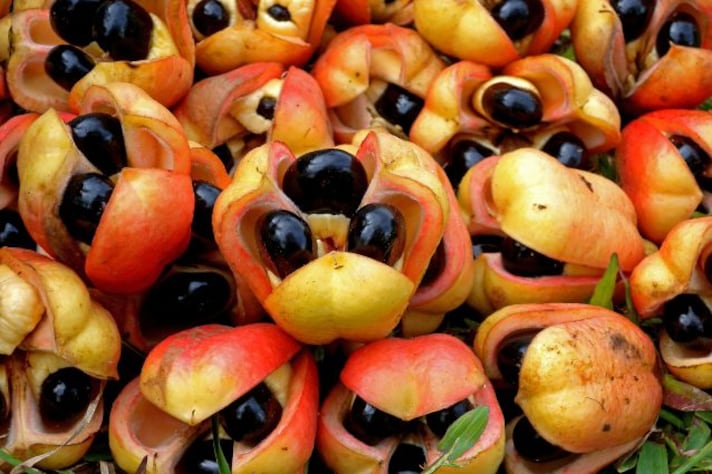
Ackee fruit, native to West Africa but also a staple in Jamaican cuisine, contains hypoglycin A and B, toxins that can lead to Jamaican Vomiting Sickness if consumed before fully ripe. The condition can be fatal, leading to severe vomiting, hypoglycemia, and even death. The FDA has banned the importation of fresh ackee fruit, permitting only the canned ackee that meets strict safety standards to enter the U.S. market. This regulation ensures that only properly processed ackee, with minimal toxin levels, is available to consumers.
2. Casu Marzu (Italy)
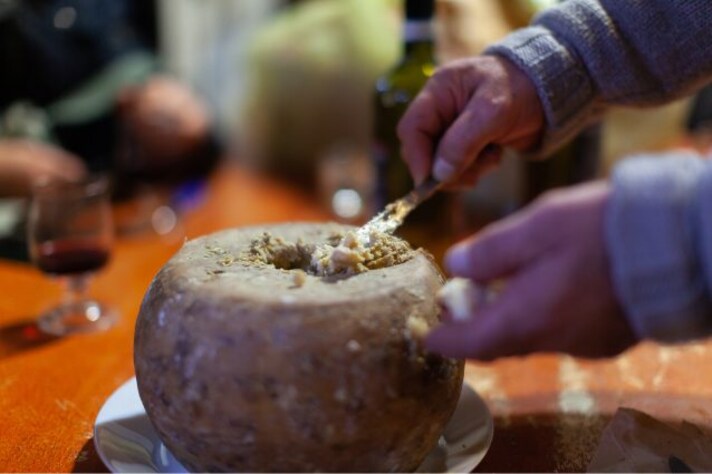
Hailing from Sardinia, Casu Marzu goes beyond typical fermentation to a stage most would consider decomposition, facilitated by the digestive action of live insect larvae. This cheese is soft, with some liquid seeping out, and when disturbed, the larvae can jump up to six inches. Health authorities have concerns about the potential for illness from ingesting live larvae, as they can survive stomach acid and cause myiasis, leading to serious intestinal complications. Thus, Casu Marzu remains off the legal market in the U.S.
3. Haggis (Scotland)
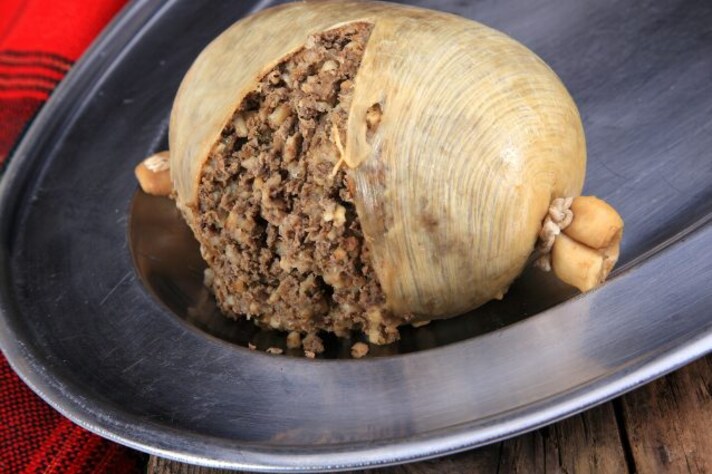
A traditional Scottish dish, haggis is made from sheep's heart, liver, and lungs, mixed with onions, oatmeal, suet, spices, and salt, then cooked inside the animal's stomach. However, the U.S. has banned the import of haggis since 1971 due to the inclusion of sheep's lung, an organ the USDA deems unfit for human consumption. This ban not only prevents the import of authentic Scottish haggis but also affects American producers, who must create lung-free versions to comply with regulations.
4. Sassafras Oil (North America)

Sassafras oil, derived from the sassafras tree, was once a common ingredient in root beer and traditional medicine. However, its primary component, safrole, was found to be a potent carcinogen, leading to a ban on sassafras oil in foods and beverages by the FDA. Today, sassafras-flavored products must use safrole-free extracts, significantly changing the taste profile of traditional recipes that once relied on the unique flavor of sassafras oil.
5. Kinder Surprise Eggs (Europe)

Kinder Surprise Eggs, a popular treat manufactured by Italian company Ferrero, are chocolate eggs containing a small toy inside a plastic capsule. While beloved around the world for their unique combination of candy and surprise, they run afoul of a 1938 U.S. law. The Federal Food, Drug, and Cosmetic Act prohibits the sale of any candy that has a toy or trinket embedded within it, which could pose a choking hazard or lead to the ingestion of non-food items by children. Despite the global popularity of Kinder Surprise Eggs, this law has kept them off U.S. shelves, leading many to seek them out through international travel or specialty stores, albeit at the risk of fines if discovered by customs.
6. Shark Fins (Various)

Shark finning, the practice of removing fins from sharks and discarding the rest of the animal at sea, has led to widespread environmental and conservation concerns. Shark fins are prized in some culinary traditions, notably in Chinese cuisine for shark fin soup, a dish considered a symbol of status. However, the cruel nature of finning and the critical role sharks play in marine ecosystems have prompted significant backlash. As a result, the possession, sale, and trade of shark fins have been banned in 12 U.S. states and several territories to combat overfishing and protect shark populations. These bans reflect growing environmental awareness and the push towards sustainable seafood practices.
7. Beluga Caviar (Russia, Iran)

Beluga caviar, known for its large, soft pearls and rich, buttery flavor, is considered one of the most luxurious and expensive foods in the world. It is harvested from the beluga sturgeon, primarily found in the Caspian and Black Sea regions. However, overfishing and poaching have drastically reduced beluga sturgeon populations, leading to its listing as a critically endangered species. In response, the U.S. Fish and Wildlife Service banned the import of Beluga caviar and related products from the Caspian Sea in 2005 to protect the dwindling sturgeon numbers and encourage sustainable practices in the caviar industry. This ban aims to balance the demand for this gourmet delicacy with the urgent need for conservation and species protection.
8. Horse Meat (Various)
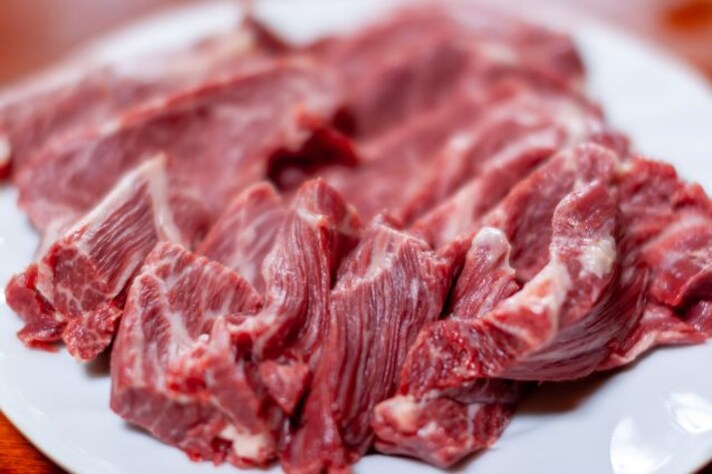
Horse meat, while consumed in various cultures around the world for its nutritional value and flavor, faces significant legal and cultural obstacles in the United States. The consumption of horse meat is a contentious issue, largely due to horses being considered companion animals and integral to American heritage and culture. Federal laws in the U.S. do not explicitly ban the consumption of horse meat. However, they prohibit the slaughter of horses for human consumption through restrictions on funding for inspections of such slaughterhouses, effectively making the production and sale of horse meat illegal. This approach indirectly bans horse meat by ensuring it cannot be processed in a way that meets food safety standards, reflecting the societal values placed on horses in the U.S.
9. Pig's Blood Cake (Taiwan)
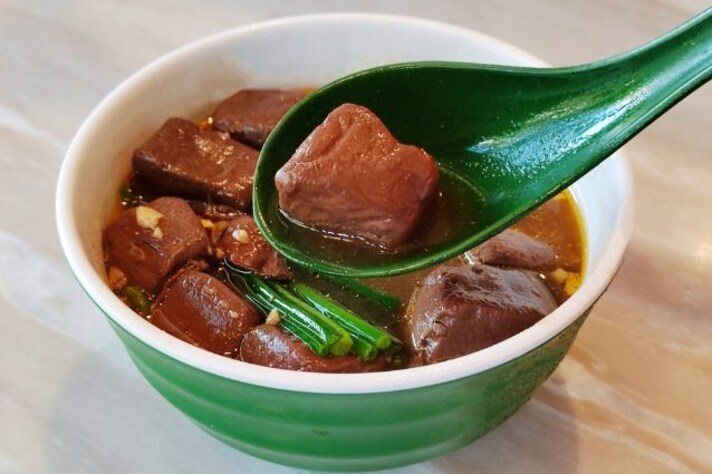
Pig's Blood Cake is a traditional Taiwanese street food made from pork blood and sticky rice, usually served on a stick and coated with peanut powder and cilantro. Despite its popularity in Taiwan and among food enthusiasts for its unique taste and texture, the U.S. Department of Agriculture (USDA) bans the sale of Pig's Blood Cake. The ban is primarily due to food safety concerns, as the USDA has strict regulations regarding the preparation and consumption of blood products. Concerns over the potential transmission of diseases such as swine fever and the difficulty in ensuring proper sanitation during preparation have led to the exclusion of Pig's Blood Cake from U.S. food markets.
10. Raw Milk Cheeses (Various)
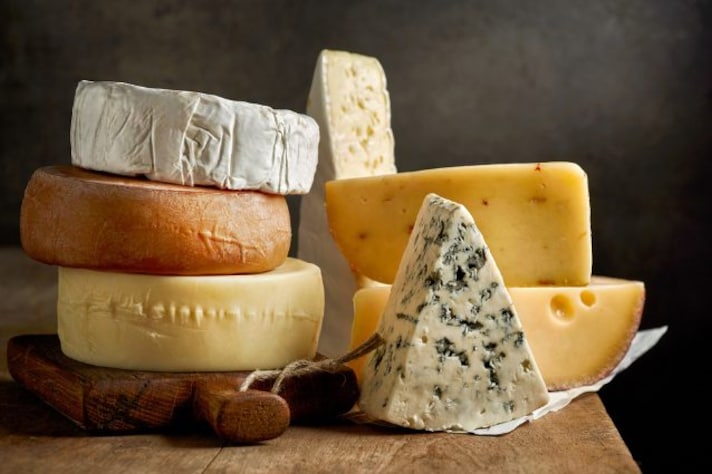
Raw milk cheeses, made from unpasteurized milk, are celebrated for their depth of flavor and complexity, which many cheese aficionados argue is diminished by pasteurization. In the United States, the FDA mandates that all dairy products sold across state lines, including cheese, must be made from pasteurized milk or aged for at least 60 days if made from raw milk. This regulation is based on public health concerns, as raw milk can harbor dangerous pathogens like Listeria, E. coli, and Salmonella, which can lead to serious illness. While raw milk cheeses are not entirely banned and can be found in the U.S., especially those aged beyond 60 days, the restrictions limit the availability and variety of such cheeses, contrasting with more permissive regulations in Europe and other parts of the world where raw milk cheese is a staple of traditional diets.
;Resize,width=767;)
;Resize,width=712;)
;Resize,width=712;)
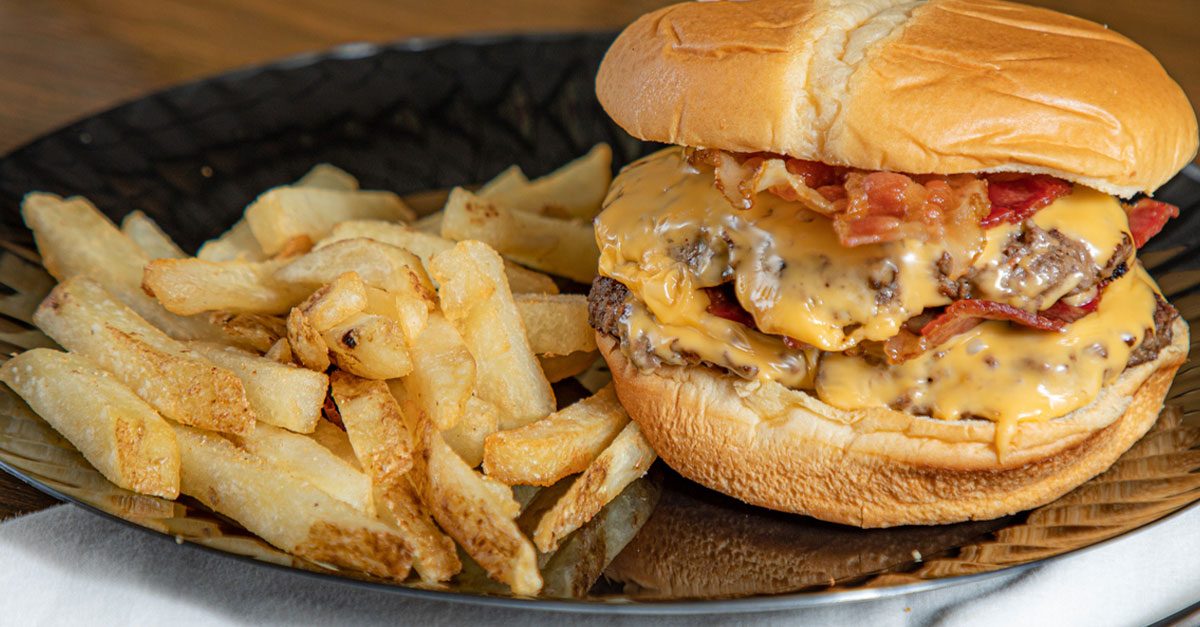;Resize,width=712;)
